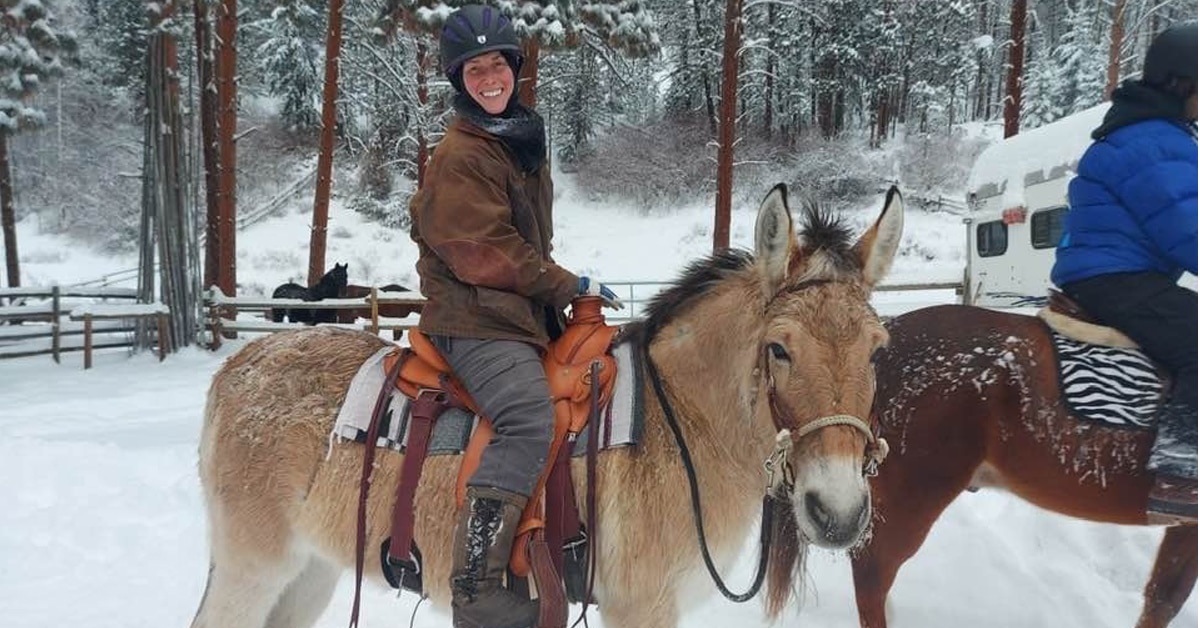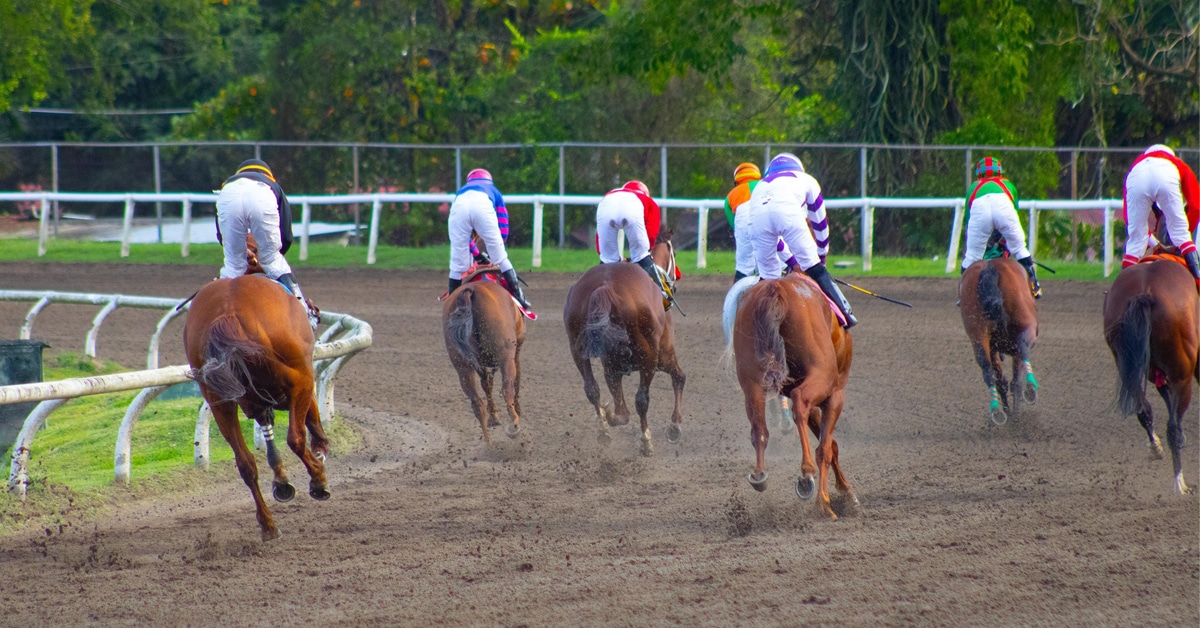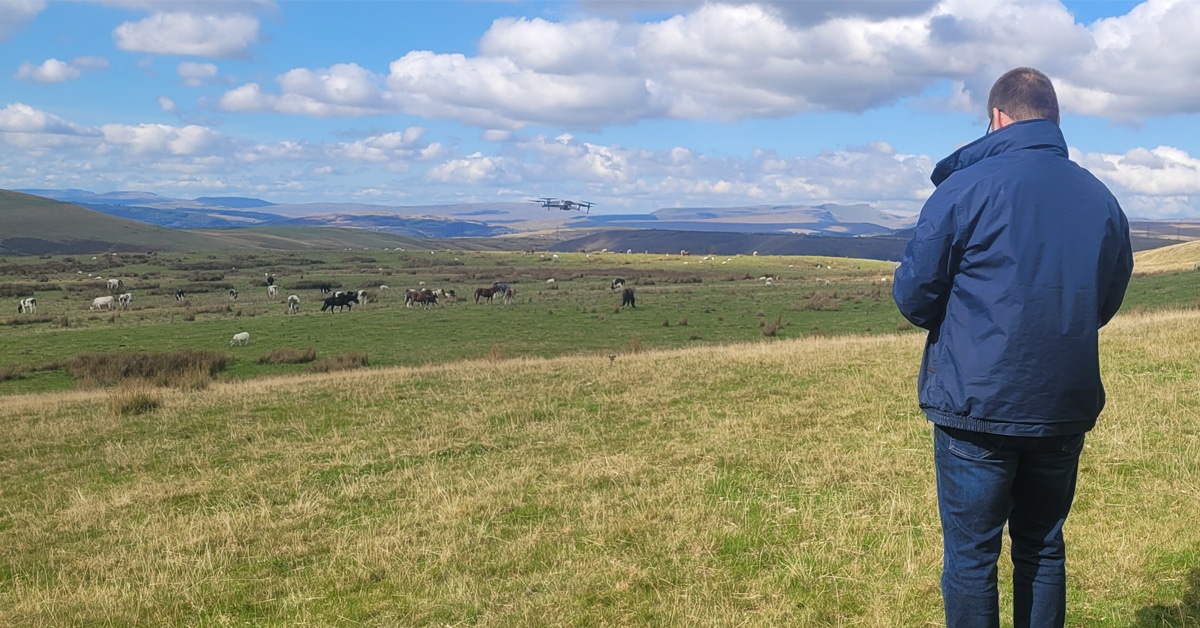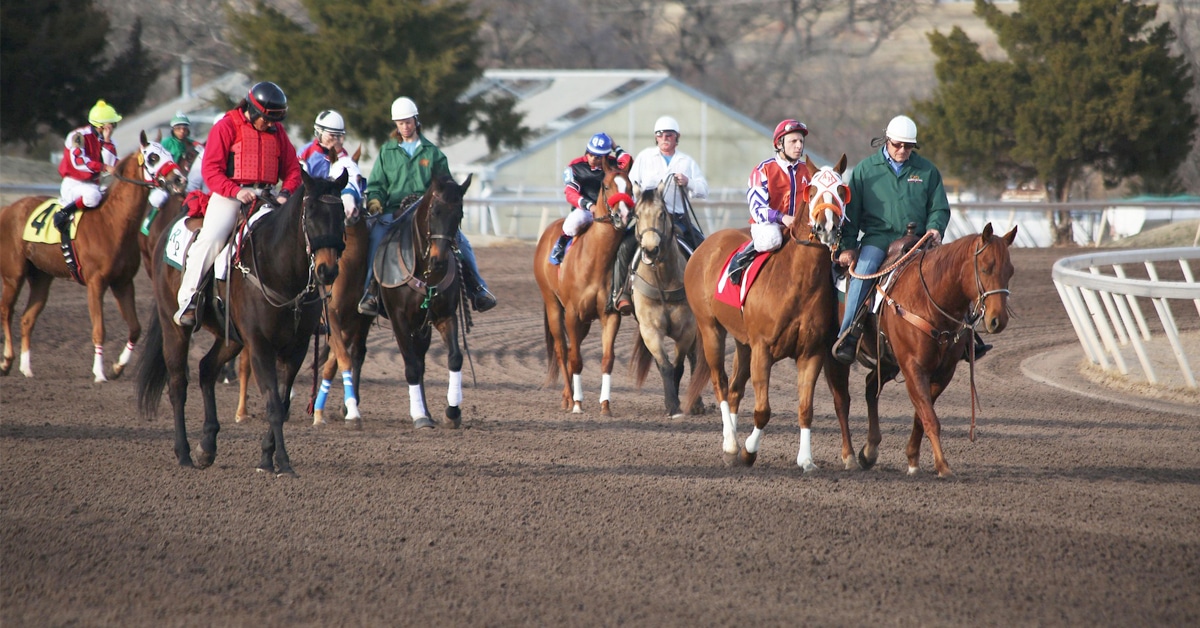The perfect instructor is someone that brings out the best in you. You might not always be friends (and you don’t need to be, outside of the lessons), but you respect the person because he or she knows your strengths and weaknesses, are skilled at what they teach, and respect you and your goals. You can trust them with your riding future and at the end of the year you ride better than you did at the start.
If you are looking for a good instructor, listen to what other riders have to say. Who have other riders had positive experiences with? This is for general consensus only, since you may have different needs as a rider than someone else. Always audit (watch) a lesson with an instructor before signing on with them, and always go in with a clear idea of your goals.
To help determine if a particular instructor is a good match for you, ask yourself these questions:
Do they teach your discipline, at your level? If an instructor can’t teach beyond your current level, there is nowhere for you to progress. The easiest way to weigh an instructor’s ability is through accreditation. If they are certified, ask at what level and find out what they are qualified to teach. If they’re not certified, ask why not (a valid question) and see if they can give you a demo lesson, which will give you a sense of their skill and teaching ability. Have a more experienced riding buddy or knowledgeable adult audit the lesson with you. They’ll have a better idea of what’s knowledge and what’s just talk.
Do your expectations match? Don’t sign for lessons without knowing how much time is spent in the saddle and whether you’ll receive instruction on the ground. You may come to your first session expecting a 15-minute ground lesson and 45 minutes in the saddle, but they’ve planned for 30 minutes mounted and the rest as unsupervised “bonding” time for you and the horse. If you’re being charged for an hour, is that an hour from the time you mount up, or an hour from the time you walk into the barn?
Are they interested in your goals? Everyone has goals. For many people it is simply to become a better rider, but what does that mean? What are target points that prove you are progressing? The instructor should be able to provide a verbal or written outline of mini-goals to help you reach your larger goal. You don’t want your instructor to haphazardly move you toward some unclear end result. Make sure he or she is planning lessons that will get you where you want to go.
Can they cater to your unique way of learning? Everyone is a little different. Some of us learn by example (being shown how to do something), while others respond better to verbal instructions. Will the instructor suggest reading materials or create visual examples by demonstrating something, or are they teaching “cookie-cutter” lessons?
Do they teach your style? It’s important to have an instructor that rides and teaches your discipline, but do they teach your style of riding? Do you appreciate the nitty-gritty details of equitation and want to know the what, how, and why of everything? Or are you more casual and just need to know what to do when in order to stay on and have fun?
Do you trust them? Is this someone you can respect for their knowledge and also for their treatment of their clients? Do you trust them to make fun of your failures to other students? If you’ve heard them gossip about other students, be assured they’re going to gossip about you. Also, do they exhibit safe habits both in their teaching and in their general behaviour? Can you trust them with your safety? If you’re already in lessons and have been wondering if you have the right instructor, ask yourself these questions:
Have you progressed? If not, this can be for three reasons: your instructor hasn’t put in the effort, you haven’t put in the effort, or your instructor isn’t able to teach beyond your current level. If you’re not putting in the effort, your instructor should help you find motivation. If you’re just not interested and nothing they say or do will make you interested, a considerate instructor will advise you to quit and save your money. If you’ve hit their teaching limit, they should direct you to ride elsewhere.
Do you feel anxious or uncomfortable, or find yourself dreading your lessons? This could be a social issue that has nothing to do with your instructor’s ability. Perhaps your personalities just clash. If this is the case, it’s best to find someone you are comfortable around. (Ed. note: if you feel you are being pushed far beyond your comfort levels, or are being asked to do anything potentially dangerous, please alert an adult to the situation).
Remember, you are the employer. Your instructor needs you for their income as much as you need them for your riding, so make sure you are getting what you need. When you and your instructor are compatible and have clear expectations of where the lessons are progressing, the better you’ll grow and develop as a rider.
The Latest








